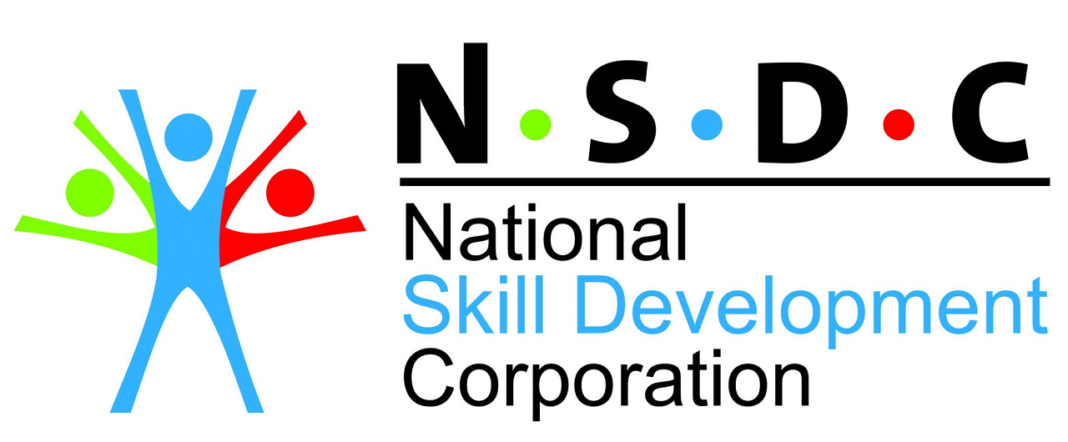As a Public-Private Partnership (PPP) framework, the Finance Ministry of India formed the National Skill Development Corporation. The Government of India established NSDC with the goal of training skilled workers in a broad range of fields. NSDC is a non-profit public corporation established on July 31, 2008, per Section 25 of the Companies Act of 1956.

Under the Department of Skill Development and Entrepreneurship, the Government of India owns 49 percent of the company (MSDE). On the other hand side, the private sector controls 51 percent of it.
The National Skill Development Corporation India (NSDC) was established as a first-of-its-kind Public Private Partnership Company with the original objective of accelerating India’s skills ecosystem. NSDC is a one-of-a-kind platform with a well-thought-out core principle centered on the three key elements:
- Create: Preemptively stimulate the establishment of big, high-quality vocational education facilities.
- Fund: Minimize risk by investing patiently. Subsidies and equities are included.
- Enable: the establishment and maintenance of necessary support networks for skills training. Sector Skill Councils led by enterprises are included.
The NSDC’s primary goals are as follows:
- Build required foundations for benchmarks, coursework, and quality management, as well as upgrading expertise to worldwide criteria with strong industrial engagement.
- Promote, assist, and integrate business sector skills training programs using suitable Public-Private Partnership (PPP) models; seek considerable operational and fiscal participation from the business sectors.
- Act as a “market maker” by introducing money, especially in industries when industry processes are inefficient or absent.
- Emphasize activities with a multiplying or catalyzing influence above those with a one-time consequence.
Partnerships
NSDC works with a variety of parties to catalyze and evolve multi-skilled ecosystems.
- Partnerships in the private market involve recognition building, awareness-raising, credit funding, the establishment and procedure of Sector Skill Councils, evaluation contributing to credential, job growth, Corporate Social Responsibility, World Skills exhibitions, and involvement in Special Projects such as Udaan concentrated on J&K.
- Acquisitions, professional support, multinational norms, foreign employment, as well as other forms of global participation
- Participating in key initiatives such as Make in India, Swachh Bharat, Pradhan Mantri Jan Dhan Yojana, Smart City, Digital India, and Namami Ganga, among many others.
- State governments – Creation of programs and plans, NSQF conformity and competence development, program operationalization, and capacity-building activities, among many other things.
- University/school structures – Vocationalization of schooling via particular training courses, financial frameworks expansion, entrepreneurial growth, and so forth.
- Non-profit organizations – Expansion of livelihoods, self-employment, and entrepreneurial initiatives for marginalized and unique populations.
- Funding for early-stage social enterprises developing new economic strategies to address Power leveling shortages, particularly programs for people with disabilities.
National Skill Development Corporation’s Accomplishments
The National Skill Development Corporation has made several notable and remarkable accomplishments.
- Over 5.2 million people have been instructed, and 235 collaborations have been formed to educate a least 50,000 people in each.
- And over 1000 firms verified 1386 certifications with 6,744 unique National Occupational Standards (NOS).
- And over 2400 institutions provide 10 stages of vocational training depending on NOS to over 2.5 lakh pupils.
- Furthermore, AICTE and UGC are collaborating with 21 universities and community institutions to provide NSQF certification and training.
- The NSDC is developing the Skill Development Management System (SDMS) in collaboration with 28179 training schools, 1400 training partners, 16479 instructors, 77 evaluation agencies, 20 job sites, and 4983 impaneled reviewers.
Also Read: 44ad of Income Tax Act

